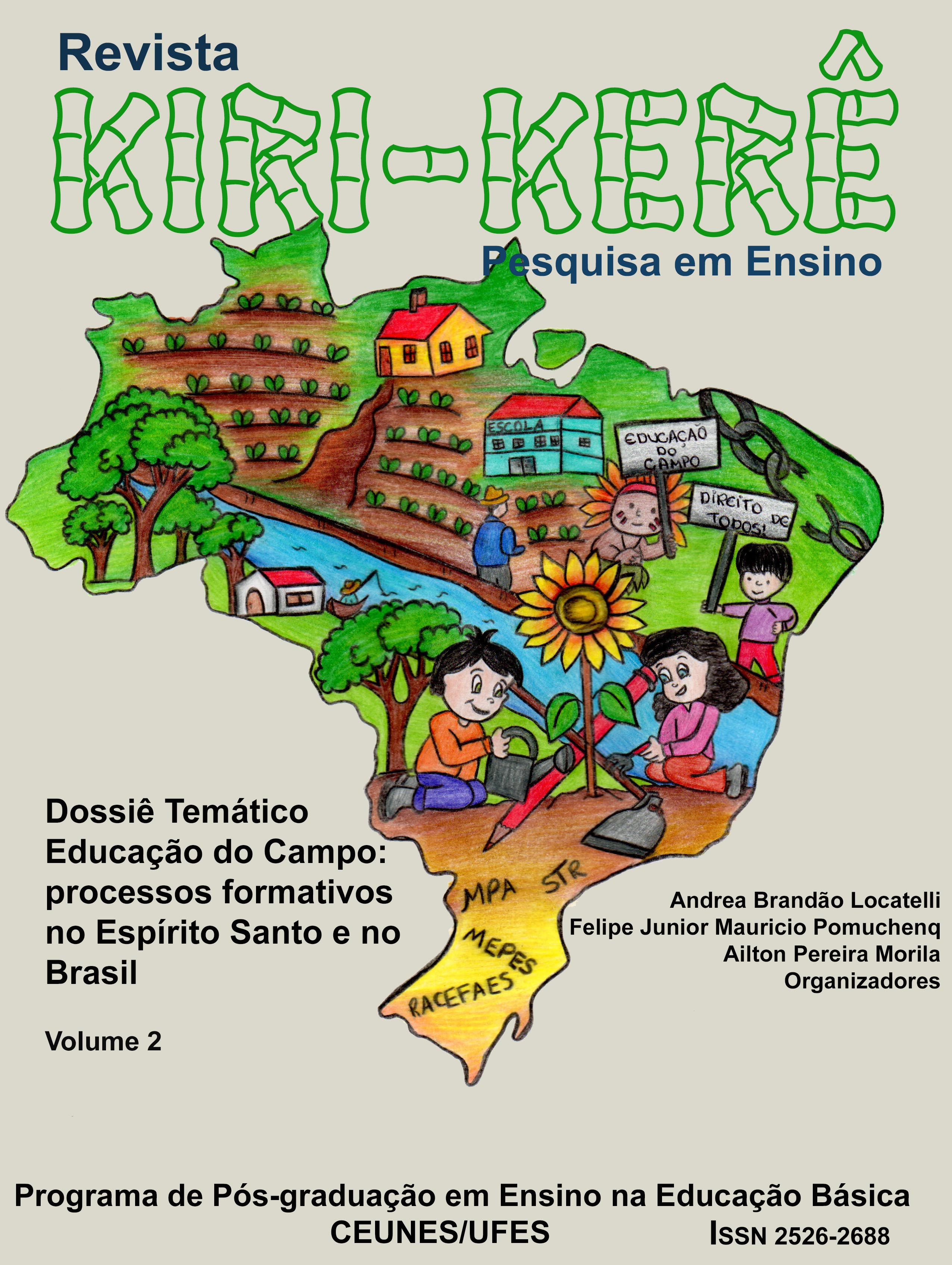Childhood Education in Rural Areas: trajectory of public policies and implications in the daily routine of educational institutions
DOI:
https://doi.org/10.47456/krkr.v2i4.31959Abstract
This paper analyzes the public policies for Rural Education in Brazil and the implementing process of these policies in Childhood Education by establishing an interface between the legislative itinerary and the possible impacts in the daily life of institutions that assist children from zero to five years old. This study is an excerpt from the research “Childhood education in rural areas: characterization and analysis of the scenario for implementation of rural educational policies in the municipality of Feira de Santana”, carried out by the Center for Studies and Documentation in Education at the Feira de Santana State University. In order to comprehend the surroundings of Childhood Education in Rural areas, it was necessary to contextualize the changes in public policies and acknowledge the judicial order as a viable instrument towards fighting for social rights. The present work is based on bibliographic and documentary analysis of the legislative marks to delimit the responsibilities of the municipal, state and federal spheres regarding the enrollment capacity and the children’s permanence in school. (BRASIL, 1988; BRASIL, 1996; BRASIL, 1998; BRASIL, 2002; BRASIL, 2009, BRASIL, 2010). The research results indicate that there are improvements concerning the fulfillment of norms established in the national judicial order, but there is still a gap towards the achievement of quality childhood education in regard to the sociocultural specificities, as well as, the children's formative and educational needs.
Downloads
Downloads
Published
Issue
Section
License
The authors accept, when sending their works, the assignment of their copyrights.

